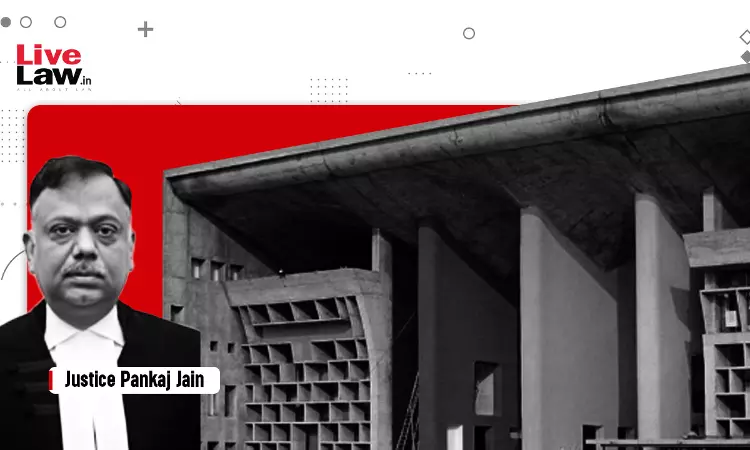The Punjab & Haryana High Court awarded a compensation of Rs.4 lakh along with interest @ 9% per annum to a passenger who received injuries due to sudden jolt of a train in 2013, observing that the liability of the "Railway Administration is based on the 'principle of strict liability'."Justice Pankaj Jain said, "Plea of 'no fault of railways' or 'negligence of the victim' is not available...

